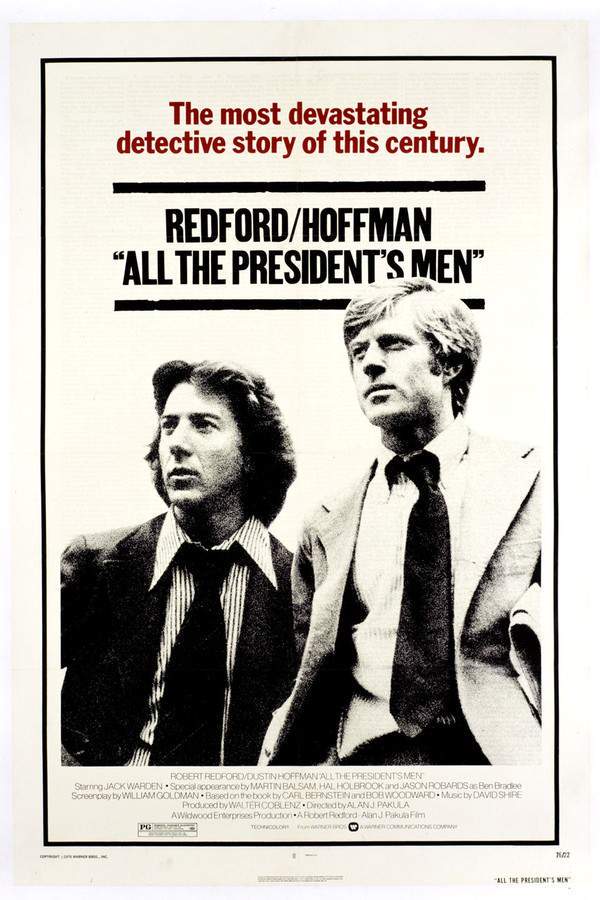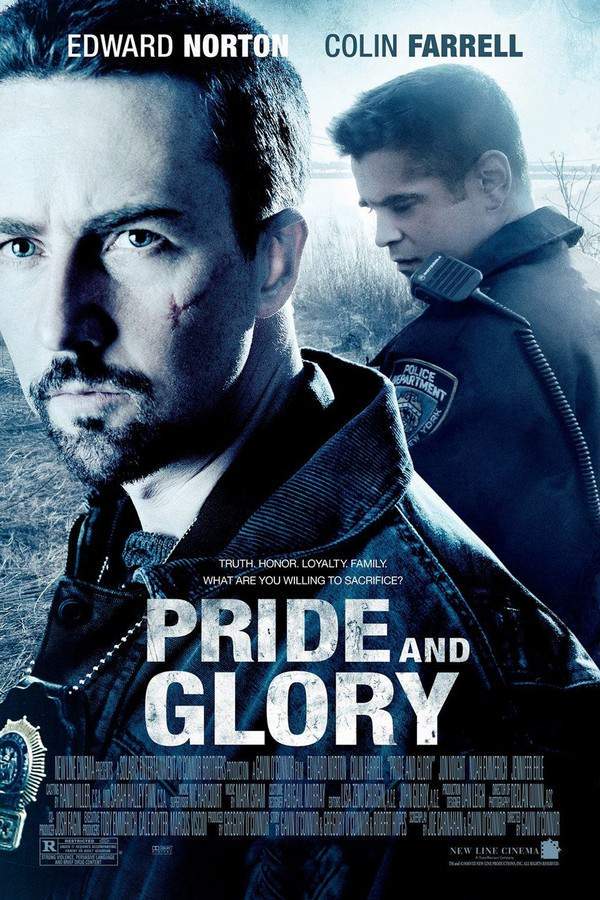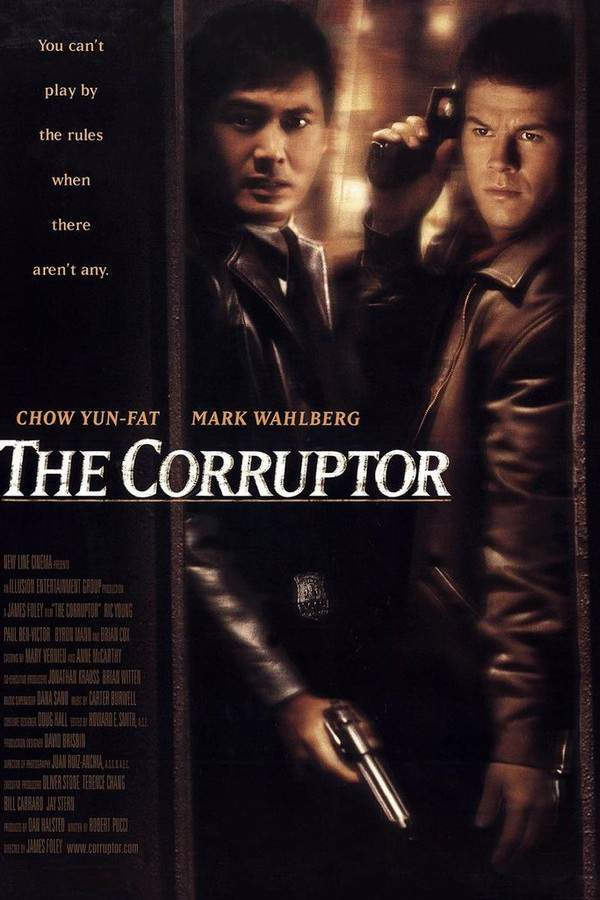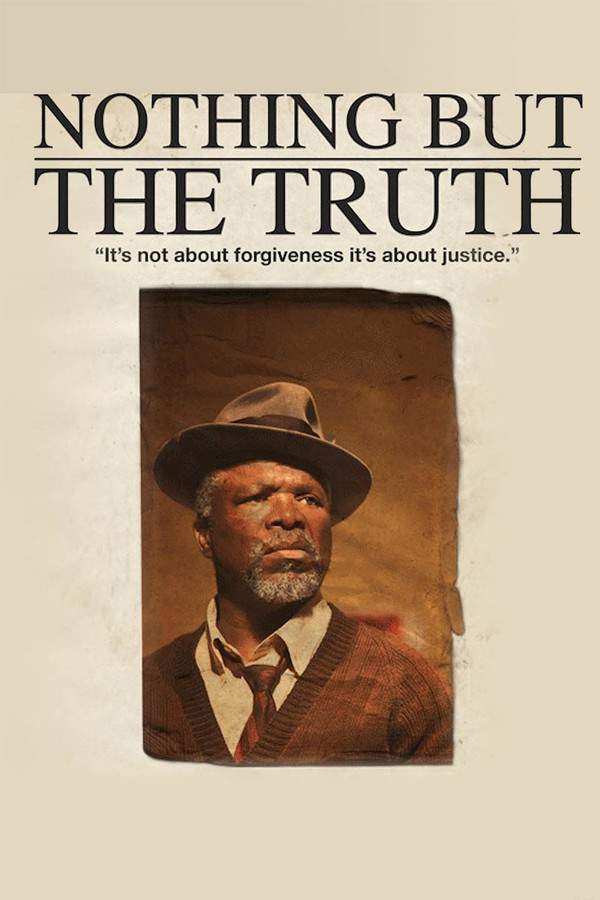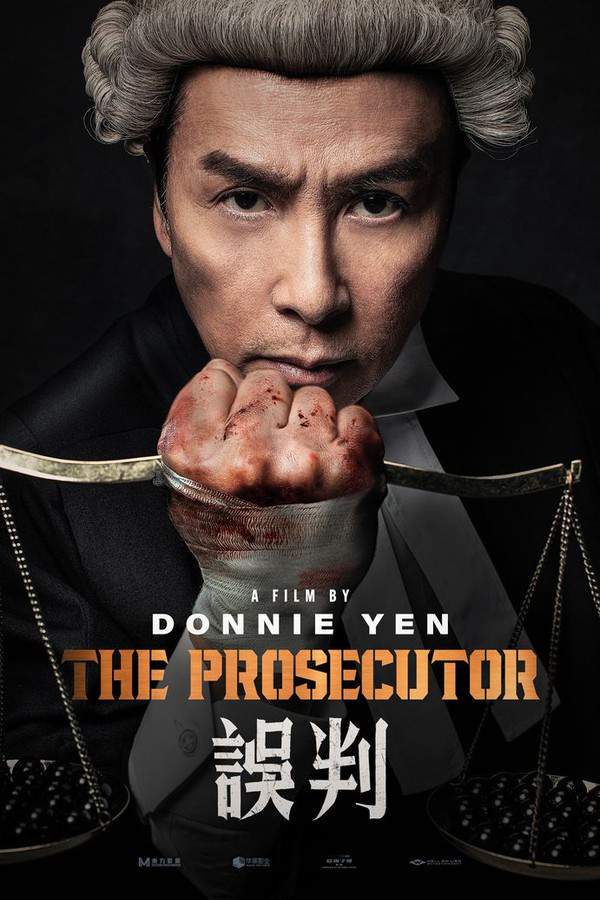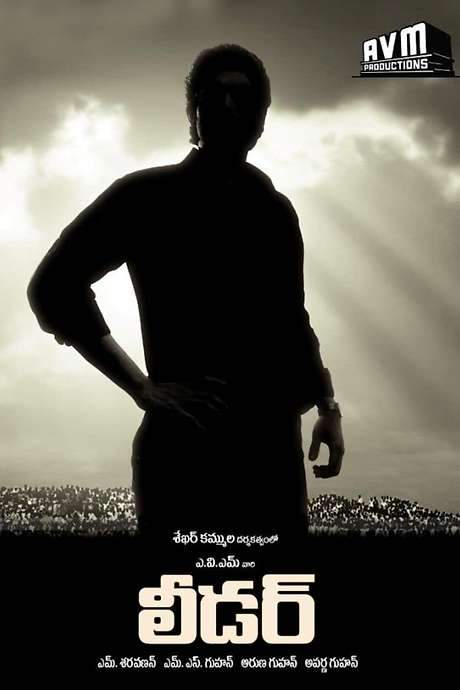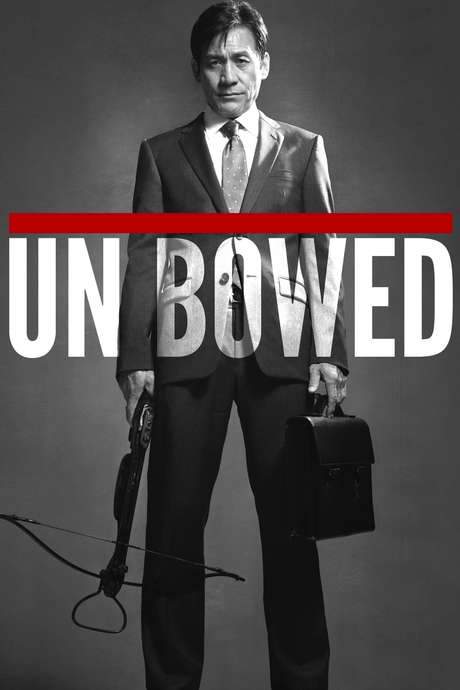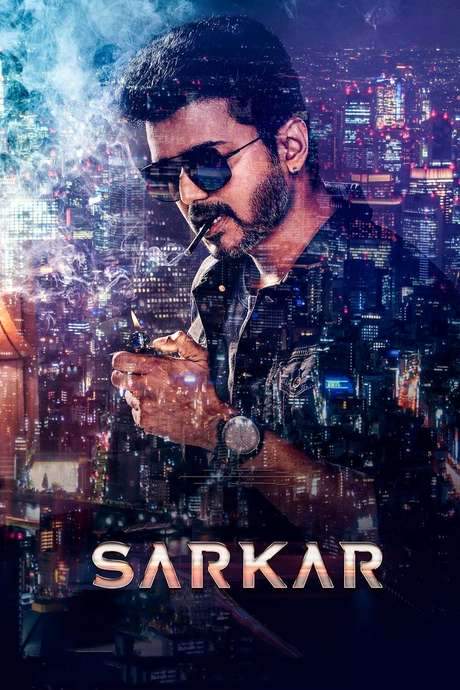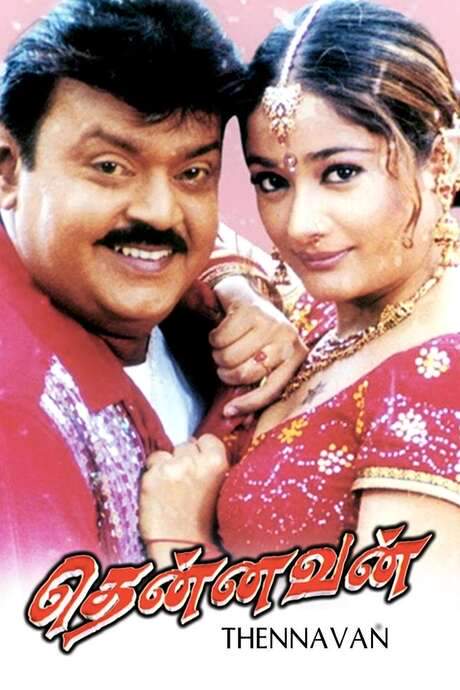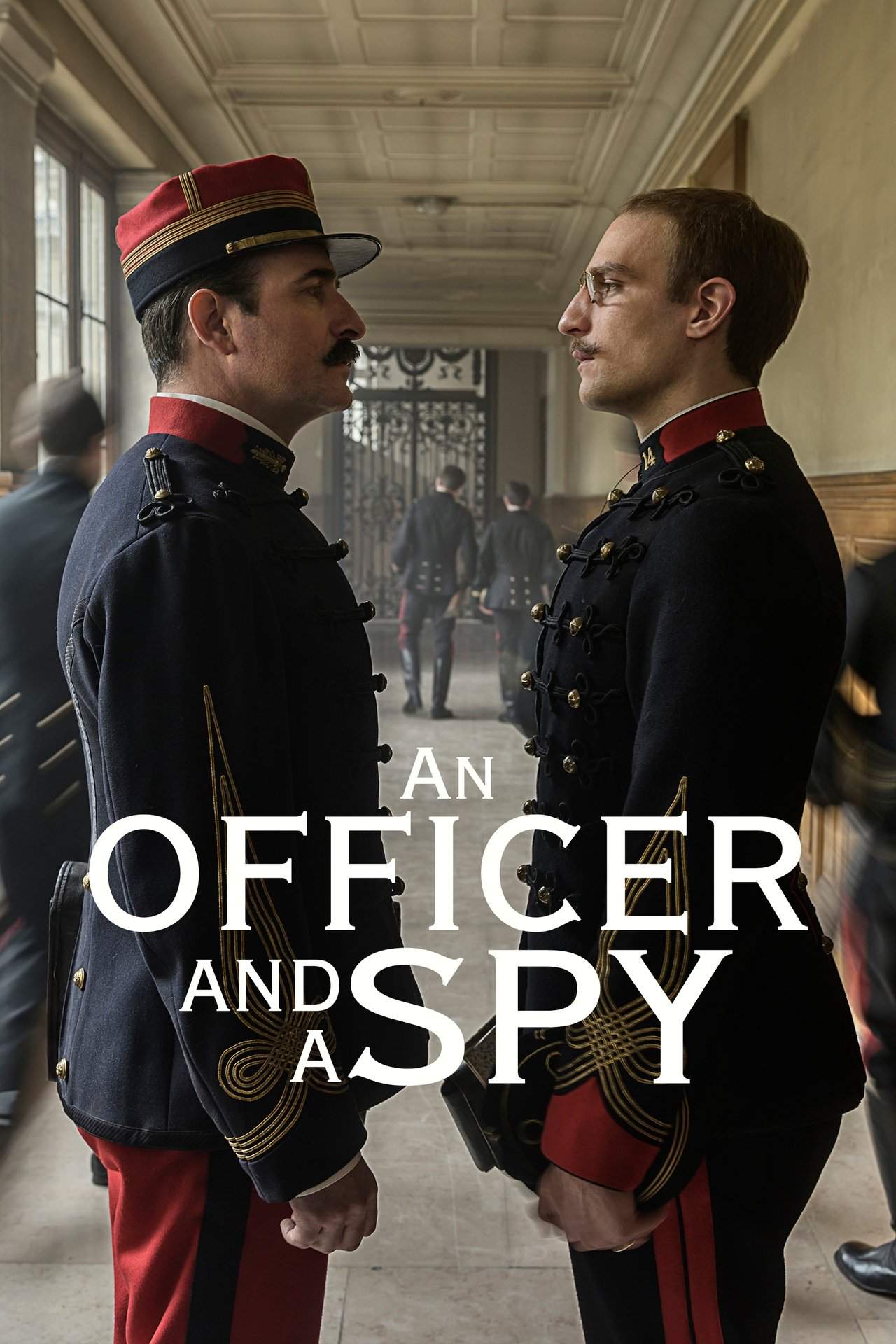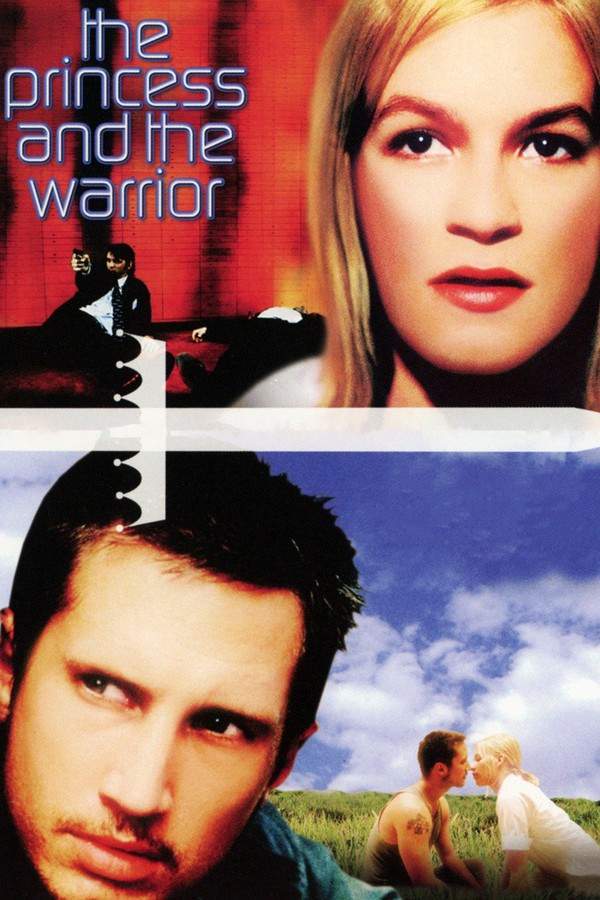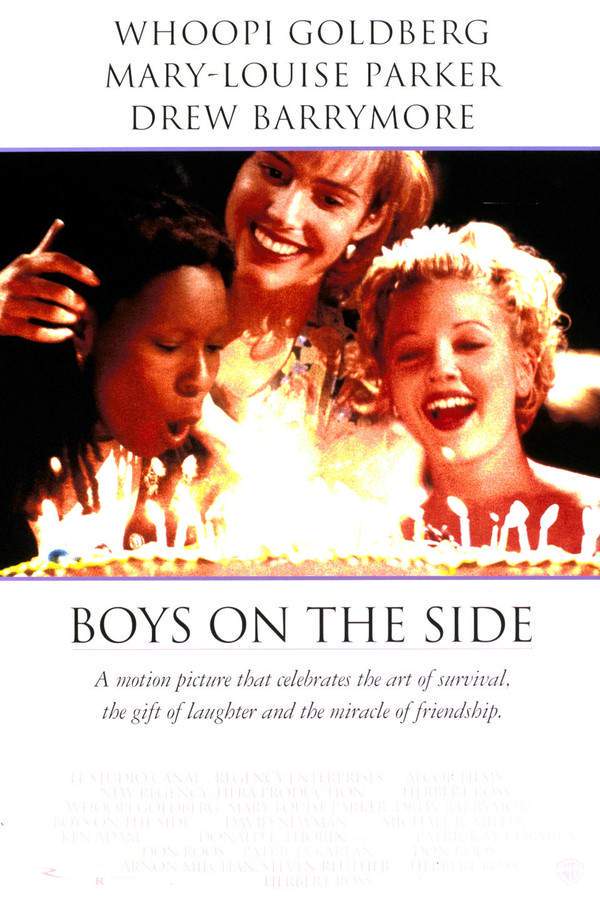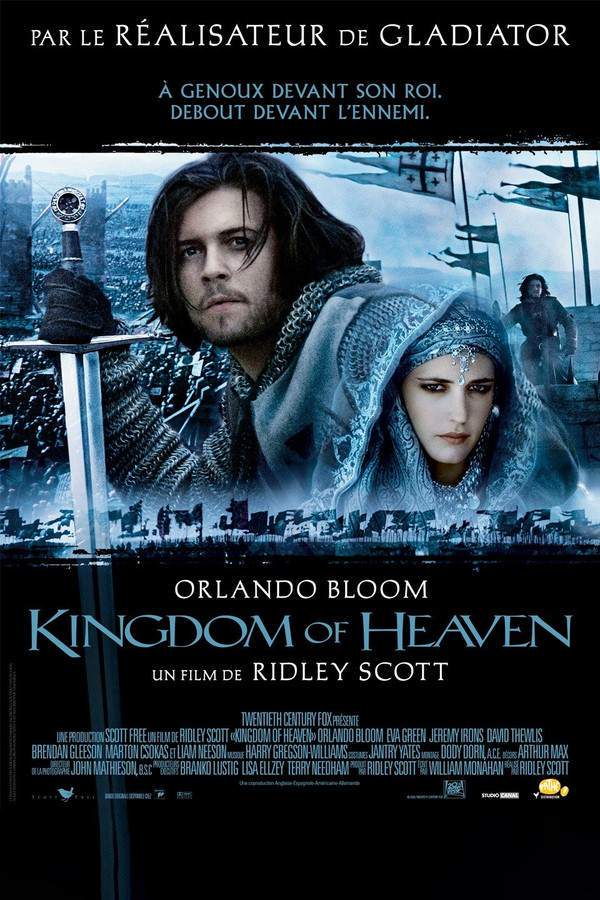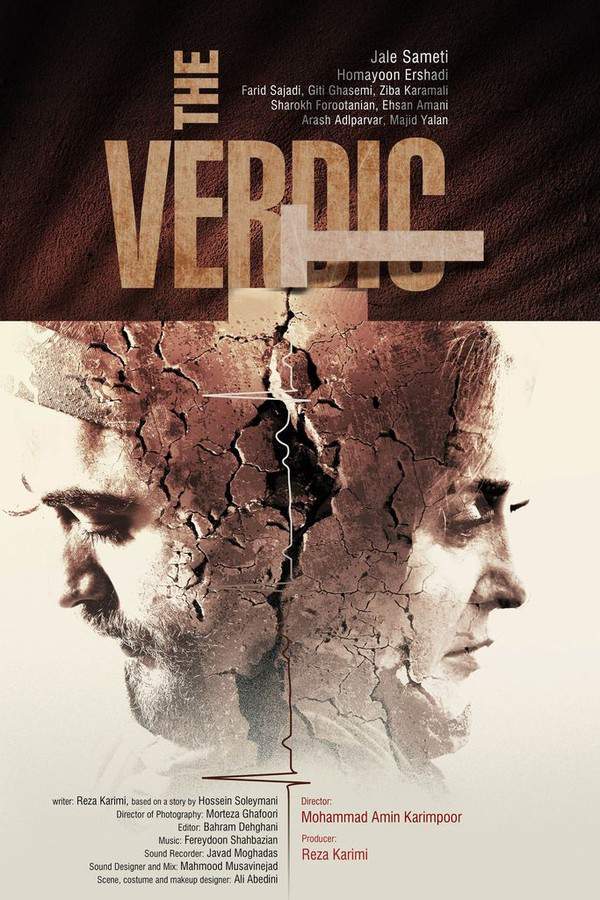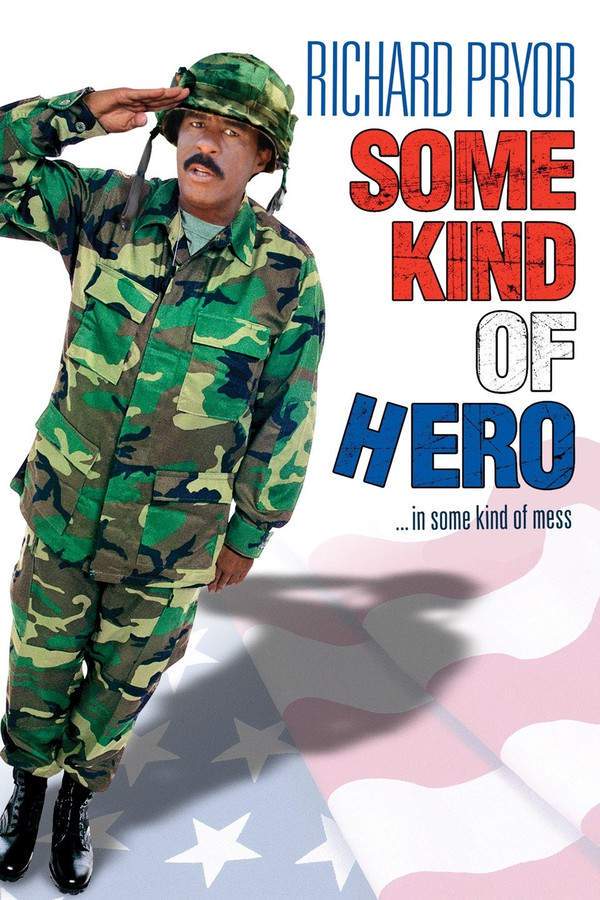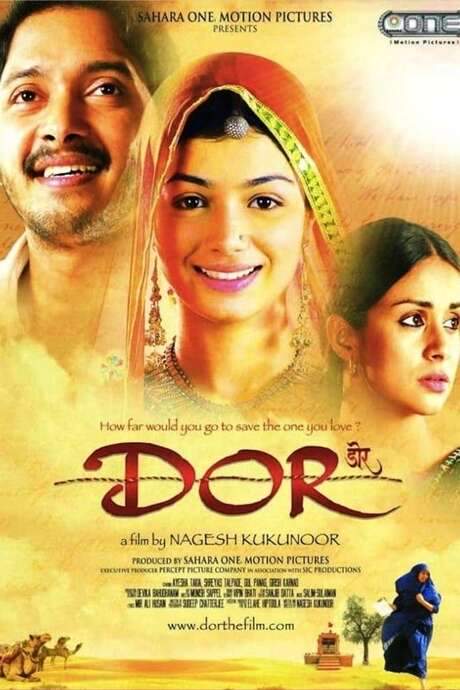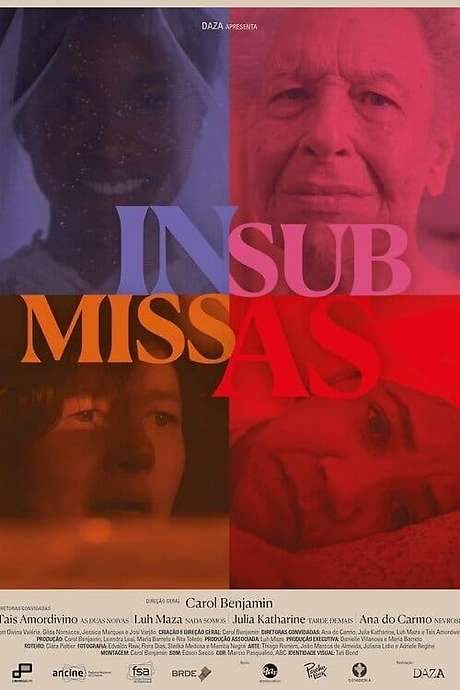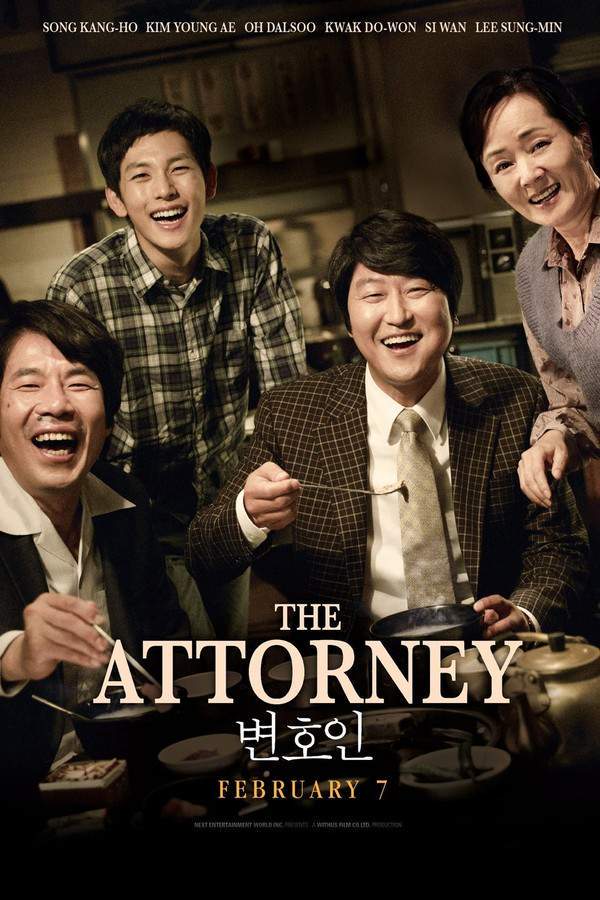
The Attorney
Year: 2014
Runtime: 127 min
Language: Korean
Director: Woo-seok Yang
A rising lawyer's impressive career takes an unexpected turn when he uncovers a shocking injustice against a teenager wrongly accused. Haunted by the systemic corruption, Song Woo-seok abandons his comfortable life of power and prestige to defend the young man. He faces significant challenges as he fights to expose the truth and ensure justice prevails, putting his own reputation and safety at risk.
Warning: spoilers below!
Haven’t seen The Attorney yet? This summary contains major spoilers. Bookmark the page, watch the movie, and come back for the full breakdown. If you're ready, scroll on and relive the story!
The Attorney (2014) – Full Plot Summary & Ending Explained
Read the complete plot breakdown of The Attorney (2014), including all key story events, major twists, and the ending explained in detail. Discover what really happened—and what it all means.
In 1978, Song, a former judge with a distinctive and unconventional background, made a bold move by starting his own law firm in Busan. His unique journey to passing the bar exam was met with skepticism from many of his peers, who viewed him with contempt. Yet, Song’s unwavering determination and ingenuity eventually bore fruit, as he began to take on a myriad of high-profile cases that most shunned, particularly in lucrative real estate and taxation.
Meanwhile, Detective Cha was given directives from the upper echelons of the government to cleanse Busan of those considered to be communist sympathizers, resorting to any means necessary. His approaches often included deceit and manipulation. He was aided by Lieutenant Yoon, a medical officer assigned to a nearby military base, who helped him silence the victims of this oppressive regime.
Fast forward to 1981, Song’s reputation had ballooned. He had even purchased a sailboat in anticipation of competing in the prestigious Seoul Olympics. One fateful evening, while sharing a meal with old friends at his preferred restaurant, he engaged in a heated debate with Lee, a journalist who critically questioned the mass media’s integrity and supported the ongoing student protests disturbing Busan. This confrontation left a significant impression on Song, yet it was quickly eclipsed by a dire concern: the sudden disappearance of Park, the son of the restaurant’s owner.
Desperate for answers, Choi, Park’s anguished mother, spent nearly two months searching for her son, only to discover that he and several other students were slated to stand trial for sedition. Disturbed by the looming threat of torture-induced confessions, Song resolved to represent the students. During the trial, he observed grave constitutional violations but was met with staunch opposition from the prosecutors and judges, who proclaimed that standard laws were irrelevant when national security was at stake. The prosecution’s case hinged on the notion that the students had studied EH Carr’s What Is History?, alleging that it indicated communist leanings. Song fought back by presenting a note from the British consulate verifying Carr’s stature as a respected historian and diplomat, not a communist ideologue. To his shock, when Cha testified, he outright denied the students had suffered torture, attributing their injuries to self-harm.
However, when Lt. Yoon bravely stepped forward to testify, the courtroom atmosphere shifted dramatically. With remarkable integrity, he recounted the horrific tortures inflicted upon the students. Unfortunately, Cha was quick to inform his superiors, who spun a false narrative, ultimately pinning the blame on Lt. Yoon for desertion and invalidating his testimony. This led to dire repercussions as Lt. Yoon was promptly incarcerated, leaving the trial in disarray.
The innocence of the students was forever tarnished by the atrocities they endured. By 1987, Song had transformed into a fervent protest leader, propelled by an unquenchable desire for reform. His eventual arrest during a demonstration, where he faced sedition charges, drew an overwhelming show of support — an astounding 99 out of 142 lawyers in Busan united in solidarity, illustrating the undeniable strength of conviction and a steadfast commitment to justice.
Despite the impressive display of solidarity, the underlying issues of free speech and the rule of law continued to simmer ominously, poised to erupt at any moment. As the reverberations of these turbulent times continued to echo, it became increasingly evident that Korea’s quest for truth and transparency remains far from complete, leaving a haunting feeling of uncertainty that looms over the nation like a specter waiting to pounce.
Last Updated: November 17, 2024 at 21:17
Explore Movie Threads
Discover curated groups of movies connected by mood, themes, and story style. Browse collections built around emotion, atmosphere, and narrative focus to easily find films that match what you feel like watching right now.
Movies about fighting corruption like The Attorney
Ordinary individuals risk everything to expose a corrupt and powerful establishment.If you liked The Attorney's story of a lawyer taking on a corrupt regime, you'll find similar powerful dramas here. This list features movies about moral courage, exposing injustice, and the high-stakes battle against powerful, corrupt systems.
Narrative Summary
Stories typically begin with a protagonist living comfortably within or adjacent to a corrupt system. A specific injustice acts as a catalyst, forcing them to abandon their safety and confront the establishment. The narrative follows their increasingly perilous investigation and fight, often involving legal battles, public exposure, and direct threats from those in power.
Why These Movies?
These movies are grouped by their central theme of an individual's transformative fight against systemic corruption. They share a tense, urgent tone, heavy emotional weight from the depicted injustice, and a focus on moral courage as the driving force of the plot.
Bittersweet legal dramas like The Attorney
Stories where the fight for justice leaves deep scars but sows the seeds of hope.Fans of The Attorney's emotional ending will appreciate these movies. They feature similar bittersweet conclusions to fights for justice, where the immediate outcome is painful but the act of resistance itself leaves a lasting, hopeful impact.
Narrative Summary
The emotional journey is defined by a heavy investment in a cause, leading to a climactic confrontation that results in a pyrrhic or ambiguous victory. The ending acknowledges the high cost paid by the characters—loss, trauma, or systemic failure—while simultaneously highlighting the moral victory, the inspiration sparked in others, or the undeniable progress made through the struggle.
Why These Movies?
These films are united by their emotionally complex, bittersweet endings. They balance the gravity of defeat with the power of principled resistance, creating a deeply impactful viewing experience that is both saddening and inspiring. The pacing is often steady, building towards this poignant conclusion.
Unlock the Full Story of The Attorney
Don't stop at just watching — explore The Attorney in full detail. From the complete plot summary and scene-by-scene timeline to character breakdowns, thematic analysis, and a deep dive into the ending — every page helps you truly understand what The Attorney is all about. Plus, discover what's next after the movie.
The Attorney Timeline
Track the full timeline of The Attorney with every major event arranged chronologically. Perfect for decoding non-linear storytelling, flashbacks, or parallel narratives with a clear scene-by-scene breakdown.

Characters, Settings & Themes in The Attorney
Discover the characters, locations, and core themes that shape The Attorney. Get insights into symbolic elements, setting significance, and deeper narrative meaning — ideal for thematic analysis and movie breakdowns.

The Attorney Spoiler-Free Summary
Get a quick, spoiler-free overview of The Attorney that covers the main plot points and key details without revealing any major twists or spoilers. Perfect for those who want to know what to expect before diving in.

More About The Attorney
Visit What's After the Movie to explore more about The Attorney: box office results, cast and crew info, production details, post-credit scenes, and external links — all in one place for movie fans and researchers.


